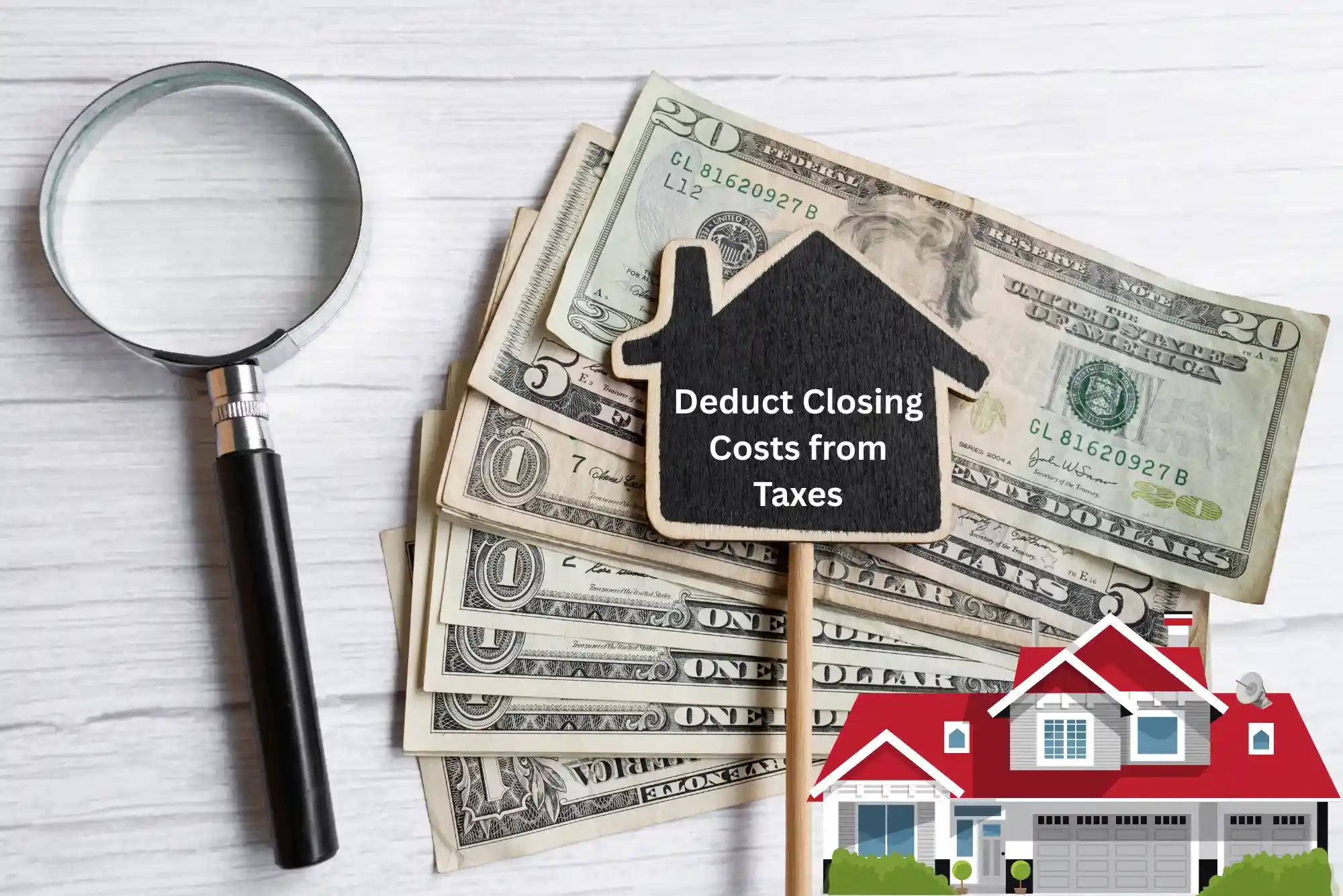When purchasing a home, one of the many costs involved is the closing cost. These fees can add up quickly, and homeowners often wonder if they can deduct these costs from their taxes. While some costs are tax-deductible, others are not. Understanding which closing costs can be deducted is crucial for homeowners looking to save money and reduce their tax burden.
In this article, we’ll explore what closing costs are, which of these costs can be deducted, and how financial tools like the swift code bomlaead and al fuad exchange rate can help you manage your property-related transactions.
Understanding Closing Costs
1. What Are Closing Costs?
Closing costs are the fees associated with the final stages of purchasing a home. These costs are paid when the property is transferred from the seller to the buyer, typically on the closing day. Closing costs can vary depending on the lender, location, and type of property, but they usually range from 2% to 5% of the home’s purchase price.
Common closing costs include:
- Appraisal fees: Paid to assess the value of the property.
- Title insurance: Protects the lender and buyer in case of issues with the property title.
- Inspection fees: Covers the cost of a professional home inspection.
- Attorney fees: If you hire an attorney to review documents or assist with the closing process.
- Loan origination fees: Charged by the lender for processing the loan application.
These are just a few examples, and there are many other potential closing costs, depending on the specifics of the transaction.
2. Can Closing Costs Be Deducted?
Whether you can deduct closing costs on your taxes depends on the nature of the cost and your specific tax situation. Unfortunately, most closing costs are not deductible, but there are certain circumstances where some costs can be.
What Closing Costs Are Deductible?
1. Mortgage Interest and Property Taxes
While most closing costs are not deductible, some of the components of your closing costs may be. For example, mortgage interest paid during the closing process is typically deductible on your tax return. The interest on your mortgage is a major tax deduction for homeowners, especially in the early years of your loan when most of your monthly payment goes toward interest.
In addition, property taxes that are paid as part of your closing costs can also be deducted on your taxes. If your closing happens to coincide with a tax year, you may be able to deduct any property taxes paid at closing.
2. Points Paid to Lower the Interest Rate
When you buy a home, you might be offered the option to pay “points” to lower your interest rate. Each point costs 1% of the loan amount, and it reduces the interest rate on your mortgage. The cost of the points you pay may be deductible in some cases, depending on whether the points were paid for your primary residence or a second home.
3. Prepaid Interest
Prepaid interest refers to the interest paid upfront for the days between closing and the start of your first mortgage payment. This interest can be deducted on your tax return in the year that you purchase the property.
The Impact of Currency Exchange Rates on International Transactions
Swift Code BOMLAEAD
For international homebuyers, understanding the swift code bomlaead is essential when making cross-border transactions. If you are purchasing property from overseas or need to send money internationally for a down payment or closing costs, using the correct swift code bomlaead ensures that your money is transferred securely and efficiently.
By knowing the swift code bomlaead, you can avoid delays and errors in transferring funds, ensuring that your home purchase proceeds smoothly, even if you’re dealing with international financial transactions.
Additionally, fluctuations in the swift code bomlaead exchange rates can affect how much you pay for your property, as changes in currency exchange rates can impact your transaction costs. Being aware of these fluctuations can help you make more informed decisions when it comes to paying for your home or managing your mortgage.
Al Fuad Exchange Rate
For those dealing with international transactions, it’s also important to consider how the al fuad exchange rate can affect your mortgage payments or closing costs. The al fuad exchange rate can significantly impact how much you pay if you’re transferring funds from one currency to another, especially if the currency you are paying with is experiencing volatility.
For example, if you’re buying a property in a foreign country, fluctuations in the al fuad exchange rate could mean that your down payment or closing costs are higher or lower depending on the strength of your home currency compared to the currency of the country you’re buying in.
Understanding the al fuad exchange rate can help you plan better when managing your finances and avoid unexpected costs during international transactions.
How to Manage Closing Costs and Save Money
1. Shop Around for Lenders
Lenders often offer different rates and fees for closing costs. It’s important to shop around for the best deal to minimize your closing costs. Some lenders may even offer to pay certain costs on your behalf in exchange for a slightly higher interest rate.
2. Negotiate with the Seller
In some cases, you may be able to negotiate with the seller to cover a portion of your closing costs. This is especially common in a buyer’s market, where the seller may be more willing to make concessions to ensure the sale goes through.
3. Look for Tax Deductions
As mentioned earlier, some parts of your closing costs—such as mortgage interest, property taxes, and points—may be tax-deductible. Make sure to keep track of these costs and consult with a tax professional to ensure you are taking advantage of any tax deductions available to you.
Conclusion
While most closing costs are not deductible, there are certain exceptions that can help reduce your tax burden, such as deductions for mortgage interest, property taxes, and prepaid interest. Additionally, tools like the HSBC Select credit card and understanding the al fuad exchange rate can help you manage your finances more efficiently, especially when dealing with international property transactions.
By understanding the tax implications of your closing costs and utilizing financial products that offer rewards and flexibility, you can make the home-buying process more affordable and financially manageable.








